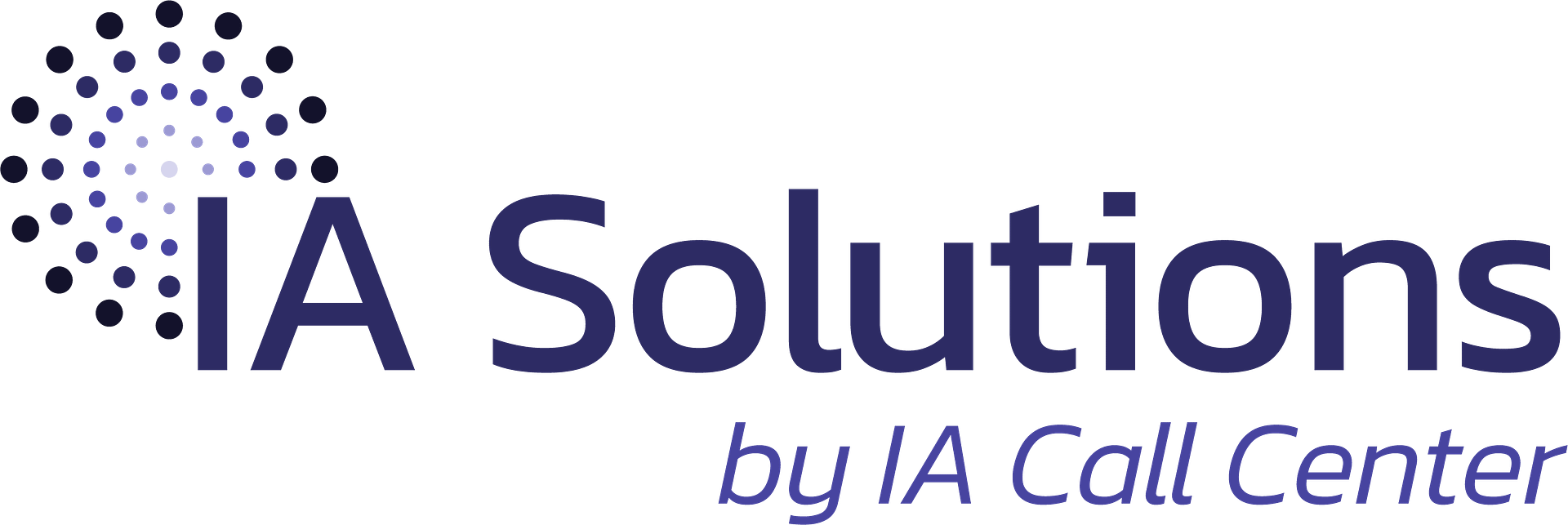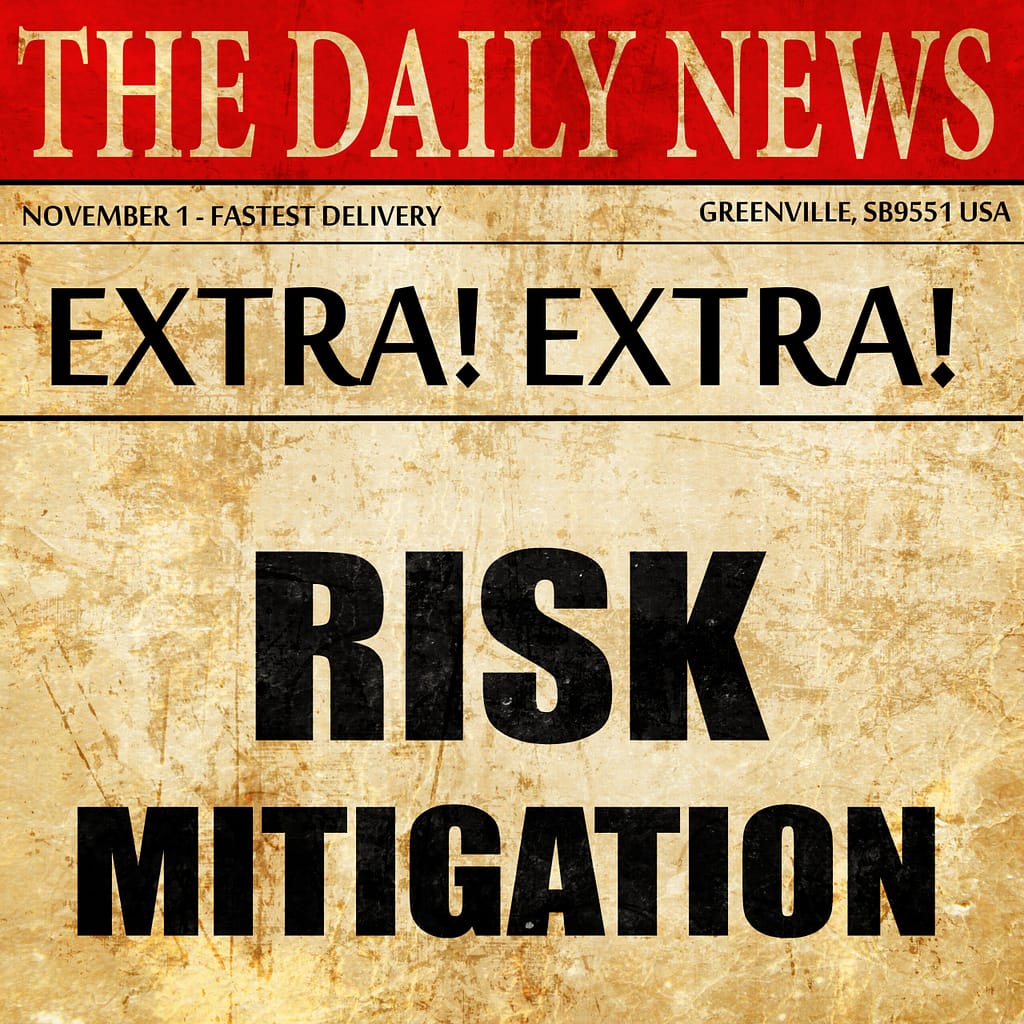How to Mitigate Call Center Outsourcing Risks
Rather listen to this post instead? Click the play button below to hear it now.
Introduction
It’s a well-established fact that outsourcing client engagement and support service to a call center vendor can help companies improve customer service and save money – if you partner with the right call center.
When you partner with the right call center, your business can secure the benefits of increased productivity and efficiency, better customer experiences, and lower operating costs. More importantly, though, the right call center partnership enables your business to concentrate on core competencies and innovation, which can give you an edge over competitors.
On the other hand, a rushed or uniformed outsourcing decision can potentially damage your business and put your most important asset at risk — your customers.
When it comes to customer service and support, there are many perceived risks associated with outsourcing. Perceptions aside, though, outsourcing call center services does indeed pose some genuine risks for businesses that partner with a vendor without thorough vetting to determine if the call center is a good match. Therefore, in this post, we’ll discuss some risks associated with outsourcing call center services and how to mitigate them.
Risks Associated with Outsourcing
As we mentioned above, there are some inherent risks when outsourcing your call center services. Therefore, in this section, we will cover what some of those risks are. Then, in the next section, we’ll discuss some ways you can mitigate or reduce those risks. To get started, the most common risks associated with call center outsourcing are:
Loss of Control
Your company has worked hard to establish its brand and reputation. Therefore, it’s hard to trust an outside vendor and just hand over the reins for your customer service operations. Your call center or answering team is probably your company’s only human touchpoint; so, you have to be careful with who you entrust with your customers. Think about this; according to Business2Community, about 60% of customers will stop doing business with a company if they experience poor customer service even once.
After all, can you really expect agents or employees from an external call center vendor to have the same level of commitment to your customers as your in-house staff? Will the employees of that vendor share the same mission values or goals? Well, it depends on the call center vendor you choose. Partner with the right vendor, and you should see an improvement in your customers’ experiences. Choose the wrong one, though, and things could take a terrible turn for the worse.
Diminished Service Quality
Diminished or compromised customer service quality (after outsourcing call center operations) is usually the result of selecting a vendor based solely on price or without carefully vetting them. It is just a fact that call centers that focus on offering the lowest prices to clients (virtually always) have to cut corners to do so. This might mean hiring less-qualified agents, foregoing training, or reducing the number of supervisors or managers who usually provide on-floor training, coaching, and monitoring.

Hacking and Data Breaches
One of the surest ways to lose customers is to expose their personal or sensitive data because of a hack or security breach. According to a PCI Pal survey posted on BusinessWire, about half of customers who are victims of a data breach will stop doing business with the company that lost their data.
Sharing your systems and databases with a third-party vendor that does not have robust security measures in place puts your customers’ data at risk of being stolen. If customer data is stolen, both your business’ reputation and profitability will be affected – and not in a good way.
Regulatory Compliance Problems
These days, call centers and customer service departments must adhere to many government and industry-specific regulations. Whether it’s the Health Insurance Portability and Accountability Act (HIPAA), the Telephone Consumer Protection Act (TCPA), the Payment Card Industry Data Security Standard (PCI DSS), or other regulations, outsourcing to a call center vendor that does not comply with regulations puts your company at risk for potentially huge fines and penalties.
What’s worse, though, is that these types of fines and penalties are growing all the time. And in many cases, it may not be the call center vendor who is responsible for these fines and penalties if problems arise. So, if your company deals with regulatory concerns (and many do), ensure that you select a vendor partner with a proven track record of compliance.
Other Potential Risks
While we’ve discussed a few of the risks associated with outsourcing call center services, there are others that are just as important. Some of those are:
Cultural and Political Risks
If you’re considering nearshoring or offshoring your call center operations, you might want to consider risks associated with language and cultural barriers. And even if you intend to keep your operations inside the U.S., keep in mind that many onshore call centers employ agents who do not speak English as their first language.
Another potential problem with nearshoring and offshoring is selecting a vendor who operates in a country that is not politically stable. Geopolitical risks can be an enormous problem for companies who don’t do their research and aren’t aware of the political climate in the host country.
Natural Disasters and Weather Anomalies
Weather anomalies and natural disasters are genuine risks for call centers located in areas prone to such events. If agents can’t make it to work, no one is available to answer calls or provide customer service. Not all call center vendors have Business Continuity Plans (BCPs) in place. So, if something happens, it might take days, weeks or even longer to return call center operations to normal.
The above is by no means a complete list of risks associated with call center outsourcing. Nevertheless, it should be enough to start you on the path to mitigating some of the most obvious and important ones.

Mitigating Outsourcing Risks
By now, you might think that with so many risks, outsourcing your call center operations is surely a bad idea. However, nothing could be further from the truth. Partnering with the right call center vendor can help your business in more ways than you can imagine.
Improved customer service and experiences, reduced costs, better business insights, improved customer loyalty and brand reputation, these are just a few ways in which a good call center partner can help your business. Still, all the above risks mentioned in this post certainly need to be eliminated as much as possible. Therefore, in this section, we will discuss how you can mitigate most (and possibly all) the risks linked to outsourcing your call center operations.
Create Clearly Defined Objectives
Before you search for a call center vendor or start sending out RFPs (Request for Proposals), take the time to clearly lay out and specify your objectives. Set the parameters for any potential call center partnership by defining your expectations and requirements.
What are your primary goals? Do you want to cut costs? Does your business need to add touch points or channels? Do you need to extend customer service and support hours? Choose which goals are the most important to your company, as this may determine which call center vendors are most qualified to help your business meet those goals.
Select key members of your organization and create an evaluation team. Members should include decision makers, stakeholders, and others from different departments in your company. If possible, select someone with call center experience or knowledge. If your company doesn’t have such as person, include someone with considerable IT or tech knowledge.
The Vendor Selection and Outsourcing Process
Once you create your shortlist of vendors, you might think you should proceed straight to sending out your RFPs. However, before you do, consider that the proper creation of RFPs requires a considerable amount of time. Don’t rush into the process by sending out RFPs with no pre-qualification and never send blind RFPs or RFP blasts. These actions carry significant risks of their own and may discourage highly qualified call center vendors from participating or responding.
Before you start sending your RFPs, take the time to create questions that accurately describe and apply to your company’s goals and requirements. Then, do some research on your own to find potential partners that offer the service(s) you need. The more time you spend during the pre-selection and pre-qualification process, the easier it will be to find a vendor that is a suitable match for your business.

Strict Due Diligence
The surest way to avoid call center outsourcing risks is to be strict and thorough in your due diligence of any potential vendor. Finding out as much as possible about a potential call center partner beforehand will help you avoid any nasty surprises that might arise after you sign a contract or engage their services.
Because so much of the data a call center handles is sensitive or confidential, you should always include regulatory compliance and security checks in your due diligence.
Another major concern should be how the potential vendor partner will protect customer data. Where and how will they store the data? Who has access to the data? How is it accessed? And, how will systems be maintained? These are just a few of the security questions your evaluation team should ask. You should also perform an in-depth security and risk assessment to ensure the vendor utilizes secure controls, practices, and protocols to keep customers’ data safe.
It’s also a good idea to evaluate their systems, software, and infrastructure to ensure that they meet or exceed industry standards for security and compliance. Additionally, don’t forget to ask about training and monitoring that ensures call center agents adhere to compliance rules and procedures.
Create and include a set of “what if” scenarios and questions for the vendor to determine how they will react and respond to geopolitical, weather, or labor market problems. For anything that might disrupt normal business operations, the vendor should have a well-thought-out plan for business continuity.
This is just a cursory list of things to do during your due diligence, but there are many more. Just remember that any information you can gather before courting a call center partner might help you avoid a costly and regrettable breakup later.
Transparent Communication Between You and the Vendor
For any business relationship to work, clear, open, and transparent communication is a must, and partnerships with call centers are no different. It’s important for communication lines between you and your call center vendor to always be open if the partner is to understand your objectives, policies, and procedures.
Effective communication between your company and the call center vendor can also help ensure that the partner understands any specialized skills sets and training you might require for agents. Remember, this communication needs to work both ways. So, if you have specialized needs or requirements (i.e., product or service changes, operating or procedural changes, etc.), you should proactively relay them to the vendor.
In the end, open and thoughtful communication between you and your call center partner will reduce risks for your business and ensure consistency in service delivery, which, of course, can help lead to a successful partnership.
Price is Not the Most Important Selection Criteria
Decades in the call center business has taught us that the number one reason companies choose to outsource their customer service and support and operations is cost savings. However, price alone should never be the most important factor when selecting a call center vendor.
If you opt to select the absolute cheapest call center vendor you can find, don’t be surprised if service or operational issues arise. It’s not to say that you should choose an expensive call center or overpay, but vendors that advertise rates well below normal fair market pricing may very well wind up costing you more in the long run.
Value is important, but so are consistency, reliability, and performance. Dependability and performance provide significant value all on their own. Don’t risk losing customers or your hard-earned reputation because of placing more value in low-cost pricing than you should.
No Oranges-to-Oranges Comparison With Call Centers
These days, there are so many call centers that it’s virtually impossible to keep track of all of them. And with so many call centers in business, the variety of services and specialties is so widespread that direct comparisons are impossible.
Trying to sift through the vast number of competitors in the call center space can be a bit overwhelming, to say the least. If yours is a relatively small company, partnering with a behemoth call center vendor can leave you lost in the crowd. This can result in a complete mismatch and goals and expectations that are often left unmet. Conversely, if you’re a bigger operation that chooses a vendor that’s too small, things usually won’t go well either.
If you need boutique or niche call center services, you should really try to pre-qualify vendors that specialize in your industry or the services you require. If you need basic or general call center services, of course, you will have considerably more options.

Call Center Outsourcing Risks – Avoid Them with A True Call Center Partner
At IA Solutions, we understand there are risks when choosing a call center partner; that’s why we do everything possible to help our clients mitigate those risks. We’ve been exceeding our clients’ expectations for over 50 years and understand what it takes to create mutually beneficial partnerships with our customers.
Whether it’s due diligence requests, face-to-face pre-qualification meetings, or any other selection criteria you might have, we welcome it all. When you consider selecting IA Solutions as your partner, we want you to have no doubt about our ability to provide you with the services your company needs. And if we can’t provide those services, we will tell you so and not waste your valuable time.
If you would like to find out more about how we can help you mitigate call center risks through exceptional and consistent customer service, please click here to schedule a no-cost, no-obligation consultation. Alternatively, you can contact us via email at [email protected] or toll-free at 877-631-9711. We look forward to hearing from you.















